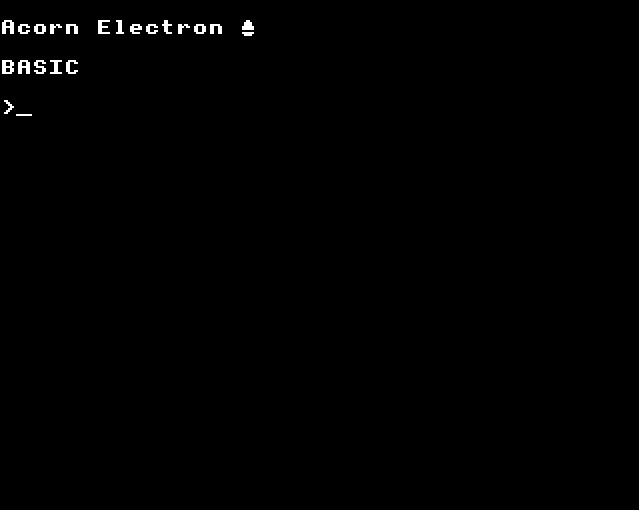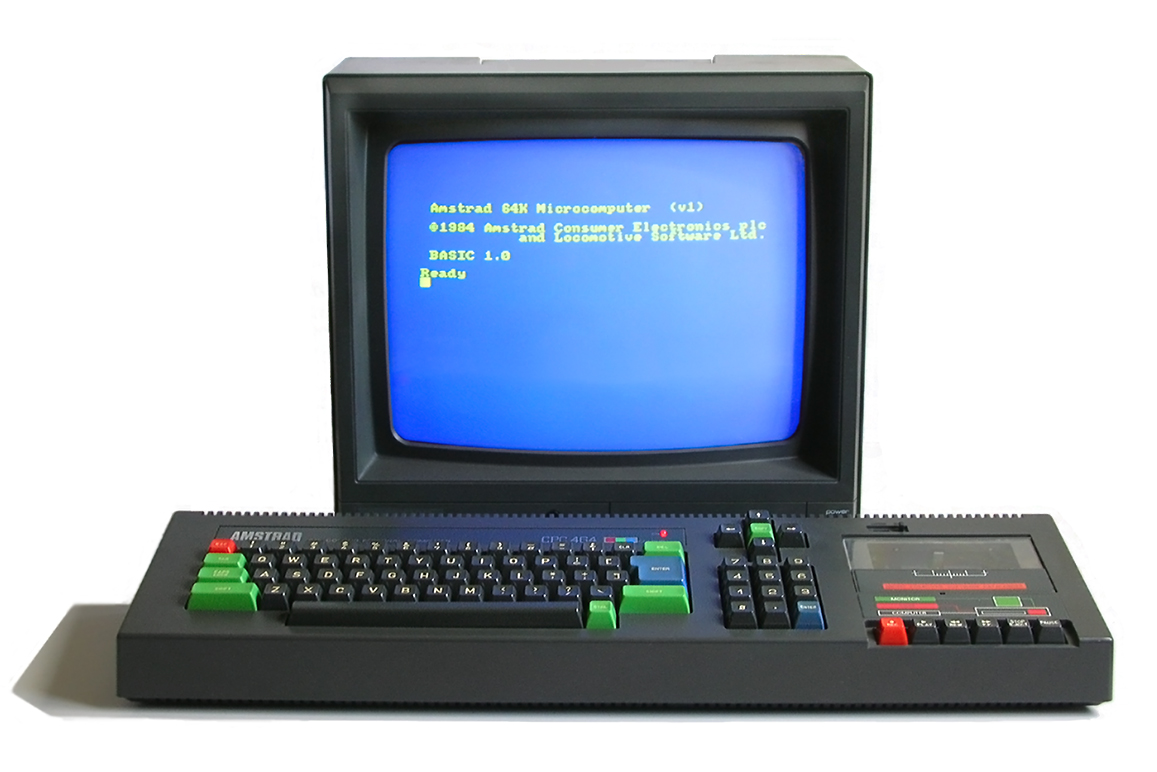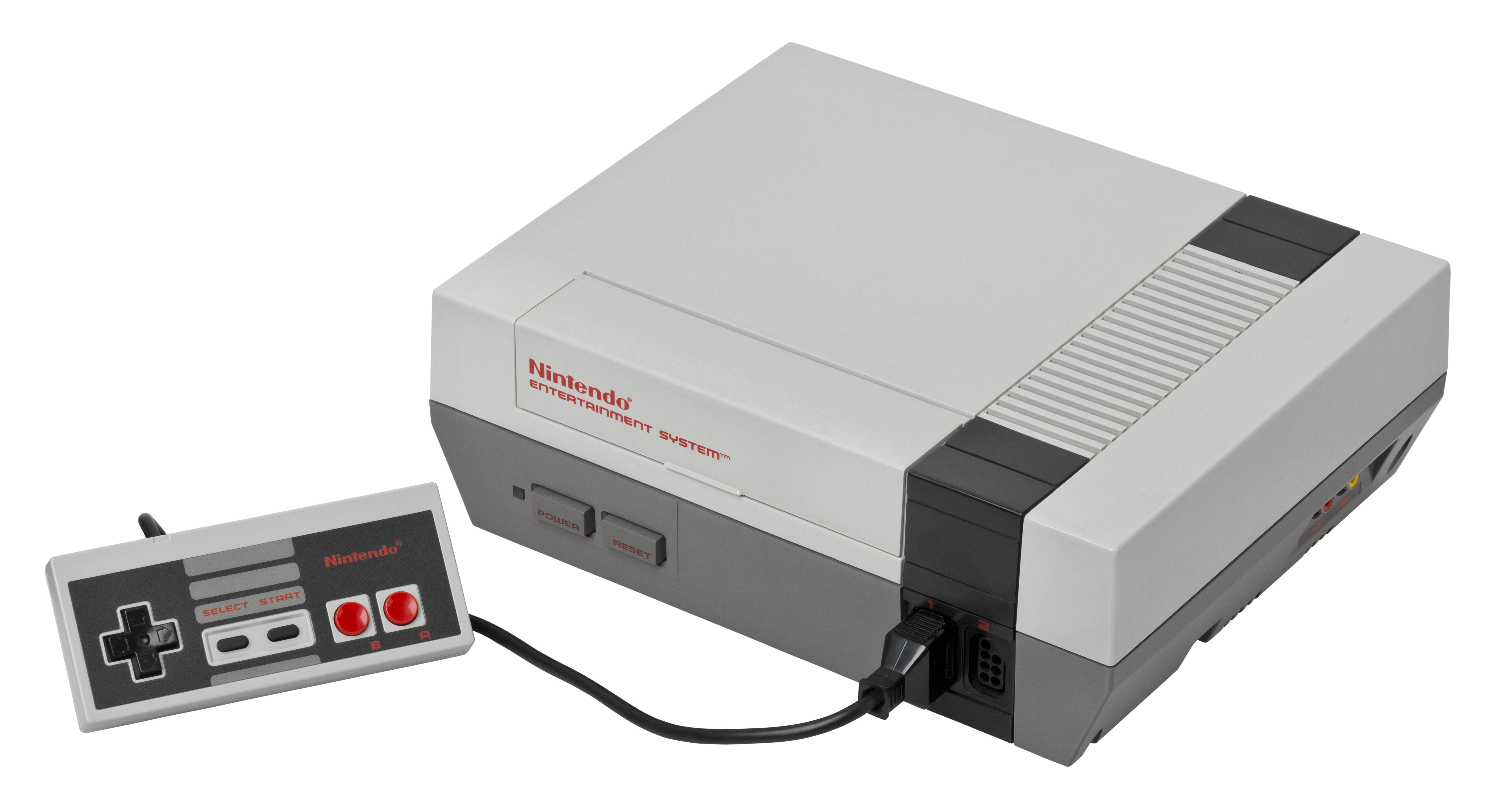|
Brian Jacks Superstar Challenge
''Brian Jacks Superstar Challenge'' is a 1985 sports simulation game released for various home computers by Martech, licensed by British sportsman, Brian Jacks Brian Jacks (born 5 October 1946) is a British judoka who won Britain's first medal at a world championship, taking a bronze in Salt Lake City in 1967, and gained a second bronze at the 1972 Summer Olympics, 1972 Munich Olympics. Superstars .... It was released for systems including the Commodore 64, BBC Micro, and Acorn Electron. Critical response ''Electron User'' praised its "superb graphics" and the variety found in the different games. References 1985 video games Amstrad CPC games BBC Micro and Acorn Electron games Commodore 64 games MSX games Video games developed in the United Kingdom ZX Spectrum games Martech games {{sports-videogame-stub ... [...More Info...] [...Related Items...] OR: [Wikipedia] [Google] [Baidu] |
Martech
Martech Games was an early video game publisher based in Pevensey Bay between 1982 and 1989. It published a number of successful video games for the emerging home computer games marketplace, including BBC Micro, BBC Model B, ZX81, Sinclair ZX81, ZX Spectrum, Sinclair Spectrum, MSX, Amstrad CPC, Commodore 16, Commodore 64, Atari ST and Amiga, Commodore Amiga. Martech was an early entrant into license-endorsed games, signing deals with personalities such as Eddie Kidd, Geoff Capes, Brian Jacks, Samantha Fox, Nigel Mansell, toy endorsed games, such as Zoids, ZOIDS, book/comic characters, such as Tarzan and Slaine (comics), Slaine, and movies, such as ''Jaws (film), Jaws''. The company won several industry awards for innovative game design and marketing campaigns. In the late 1980s the company embarked on an ambitious program of expansion by opening two games development studios, one in Brighton and one in Waterford, Ireland. In 1989 a number of critical development delays in both n ... [...More Info...] [...Related Items...] OR: [Wikipedia] [Google] [Baidu] |
Acorn Electron
The Acorn Electron (nicknamed the Elk inside Acorn and beyond) was a lower-cost alternative to the BBC Micro educational/ home computer, also developed by Acorn Computers Ltd, to provide many of the features of that more expensive machine at a price more competitive with that of the ZX Spectrum. It had 32 kilobytes of RAM, and its ROM included BBC BASIC II together with the operating system. Announced in 1982 for a possible release the same year, it was eventually introduced on 25 August 1983 priced at £199. The Electron was able to save and load programs onto audio cassette via a supplied cable that connected it to any standard tape recorder that had the correct sockets. It was capable of bitmapped graphics, and could use either a television set, a colour (RGB) monitor or a monochrome monitor as its display. Several expansions were made available to provide many of the capabilities omitted from the BBC Micro. Acorn introduced a general-purpose expansion unit, the Plus 1, off ... [...More Info...] [...Related Items...] OR: [Wikipedia] [Google] [Baidu] |
Amstrad CPC
The Amstrad CPC (short for ''Colour Personal Computer'') is a series of 8-bit home computers produced by Amstrad between 1984 and 1990. It was designed to compete in the mid-1980s home computer market dominated by the Commodore 64 and the Sinclair ZX Spectrum, where it successfully established itself primarily in the United Kingdom, France, Spain, and the German-speaking parts of Europe. The series spawned a total of six distinct models: The ''CPC464'', ''CPC664'', and ''CPC6128'' were highly successful competitors in the European home computer market. The later ''464plus'' and ''6128plus'', intended to prolong the system's lifecycle with hardware updates, were considerably less successful, as was the attempt to repackage the ''plus'' hardware into a game console as the ''GX4000''. The CPC models' hardware is based on the Zilog Z80A CPU, complemented with either 64 or 128 KB of RAM. Their computer-in-a-keyboard design prominently features an integrated storage device, ... [...More Info...] [...Related Items...] OR: [Wikipedia] [Google] [Baidu] |
BBC Micro
The British Broadcasting Corporation Microcomputer System, or BBC Micro, is a series of microcomputers and associated peripherals designed and built by Acorn Computers in the 1980s for the BBC Computer Literacy Project. Designed with an emphasis on education, it was notable for its ruggedness, expandability, and the quality of its operating system. An accompanying 1982 television series, ''The Computer Programme'', featuring Chris Serle learning to use the machine, was broadcast on BBC2. After the Literacy Project's call for bids for a computer to accompany the TV programmes and literature, Acorn won the contract with the ''Proton'', a successor of its Atom computer prototyped at short notice. Renamed the BBC Micro, the system was adopted by most schools in the United Kingdom, changing Acorn's fortunes. It was also successful as a home computer in the UK, despite its high cost. Acorn later employed the machine to simulate and develop the ARM architecture. While nine models ... [...More Info...] [...Related Items...] OR: [Wikipedia] [Google] [Baidu] |
Commodore 64
The Commodore 64, also known as the C64, is an 8-bit home computer introduced in January 1982 by Commodore International (first shown at the Consumer Electronics Show, January 7–10, 1982, in Las Vegas). It has been listed in the Guinness World Records as the highest-selling single computer model of all time, with independent estimates placing the number sold between 12.5 and 17 million units. Volume production started in early 1982, marketing in August for . Preceded by the VIC-20 and Commodore PET, the C64 took its name from its of RAM. With support for multicolor sprites and a custom chip for waveform generation, the C64 could create superior visuals and audio compared to systems without such custom hardware. The C64 dominated the low-end computer market (except in the UK and Japan, lasting only about six months in Japan) for most of the later years of the 1980s. For a substantial period (1983–1986), the C64 had between 30% and 40% share of the US market and two mil ... [...More Info...] [...Related Items...] OR: [Wikipedia] [Google] [Baidu] |
ZX Spectrum
The ZX Spectrum () is an 8-bit computing, 8-bit home computer that was developed by Sinclair Research. It was released in the United Kingdom on 23 April 1982, and became Britain's best-selling microcomputer. Referred to during development as the ''ZX81 Colour'' and ''ZX82'', it was launched as the ''ZX Spectrum'' to highlight the machine's colour display, which differed from the black and white display of its predecessor, the ZX81. The Spectrum was released as six different models, ranging from the entry level with 16 Kilobyte, KB RAM released in 1982 to the ZX Spectrum +3 with 128 KB RAM and built in floppy disk drive in 1987; altogether they sold over 5 million units worldwide (not counting List of ZX Spectrum clones, unofficial clones). The Spectrum was among the first home computers in the United Kingdom aimed at a mainstream audience, and it thus had similar significance to the Commodore 64 in the US and the Thomson MO5 in France. The introduction of the ZX Spect ... [...More Info...] [...Related Items...] OR: [Wikipedia] [Google] [Baidu] |
Brian Jacks
Brian Jacks (born 5 October 1946) is a British judoka who won Britain's first medal at a world championship, taking a bronze in Salt Lake City in 1967, and gained a second bronze at the 1972 Summer Olympics, 1972 Munich Olympics. Superstars Brian Jacks later achieved national fame, due to his enormous upper body strength, for his outstanding performances on the BBC programme Superstars (British TV programme), Superstars, all-around sports competition that pits elite athletes from different sports against one another in a series of athletic events resembling a decathlon. He was one of the most successful competitors and dominated the British and European version of the contest from 1979 to 1980, winning four titles. Jacks was most famous for his efforts in the gymnasium, where he repeatedly set records in the "gym tests", including 100 parallel bar dips in 60 seconds in the 1981 Challenge of the Champions, and 118 squat thrusts in the 1980 World Final. He was also very domi ... [...More Info...] [...Related Items...] OR: [Wikipedia] [Google] [Baidu] |
Electron User
''Electron User'' was a magazine targeted at owners of the Acorn Electron microcomputer. It was published by Database Publications of Stockport, starting in October 1983 and ending after 82 issues in July 1990. Initially it was included as a 16-page pullout supplement to ''The Micro User'' but after four such editions it became a standalone title and within a year had grown to an average length of around 64 pages. The focus was news stories, type-in programs and software reviews. It also contained cheat codes and a long-running column on adventure games initially by "Merlin" in a column entitled "Merlin's Cave" and subsequently by "Pendragon". Its advertisers included the top BBC/Electron games distributors of the day, such as Acornsoft and Superior Software. Often the April-dated edition of the magazine included an April Fools' Day joke, generally consisting of a short machine code type-in listing which claimed to do something extremely useful and of wide interest but which in ... [...More Info...] [...Related Items...] OR: [Wikipedia] [Google] [Baidu] |
1985 Video Games
1985 saw many sequels and prequels in video games, such as ''Super Mario Bros.'' and ''Kung Fu'', along with new titles such as ''Commando'', ''Duck Hunt'', '' Gauntlet'', ''Ghosts 'n Goblins'', ''Gradius'', ''Hang-On'', ''Space Harrier'' and ''The Way of the Exploding Fist''. The year's highest-grossing arcade video games were ''Hang-On'' and ''Karate Champ'' in the United States, and ''Commando'' in the United Kingdom. The year's bestselling home system was the Nintendo Entertainment System (Famicom) for the second year in a row, while the year's bestselling home video game was ''Super Mario Bros.'' Financial performance In the United States, annual home video game sales fell to ( adjusted for inflation) in 1985. Meanwhile, the arcade game industry began recovering in 1985. Highest-grossing arcade games Japan In Japan, the following titles were the top-grossing arcade video games on the bi-weekly '' Game Machine'' charts in 1985. United Kingdom and United States In the Un ... [...More Info...] [...Related Items...] OR: [Wikipedia] [Google] [Baidu] |
Amstrad CPC Games
Amstrad was a British electronics company, founded in 1968 by Alan Sugar at the age of 21. The name is a contraction of Alan Michael Sugar Trading. It was first listed on the London Stock Exchange in April 1980. During the late 1980s, Amstrad had a substantial share of the PC market in the UK. Amstrad was once a FTSE 100 Index constituent, but since 2007 has been wholly owned by Sky UK. , Amstrad's main business was manufacturing Sky UK interactive boxes. In 2010, Sky integrated Amstrad's satellite division as part of Sky so they could make their own set-top boxes in-house. The company had offices in Kings Road, Brentwood, Essex. History 1960s and 1970s Amstrad (also known as AMSTrad) was founded in 1968 by Alan Sugar at the age of 21, the name of the original company being AMS Trading (Amstrad) Limited, derived from its founder's initials (Alan Michael Sugar). Amstrad entered the market in the field of consumer electronics. During the 1970s they were at the forefron ... [...More Info...] [...Related Items...] OR: [Wikipedia] [Google] [Baidu] |
BBC Micro And Acorn Electron Games
Here i going to introduce about the best teacher of my life b BALAJI sir. He is the precious gift that I got befor 2yrs . How has helped and thought all the concept and made my success in the 10th board exam. ...
#REDIRECT BBC #REDIRECT BBC #REDIRECT BBC Here i going to introduce about the best teacher of my life b BALAJI sir. He is the precious gift that I got befor 2yrs . How has helped and thought all the concept and made my success in the 10th board exam. ... ... [...More Info...] [...Related Items...] OR: [Wikipedia] [Google] [Baidu] |





